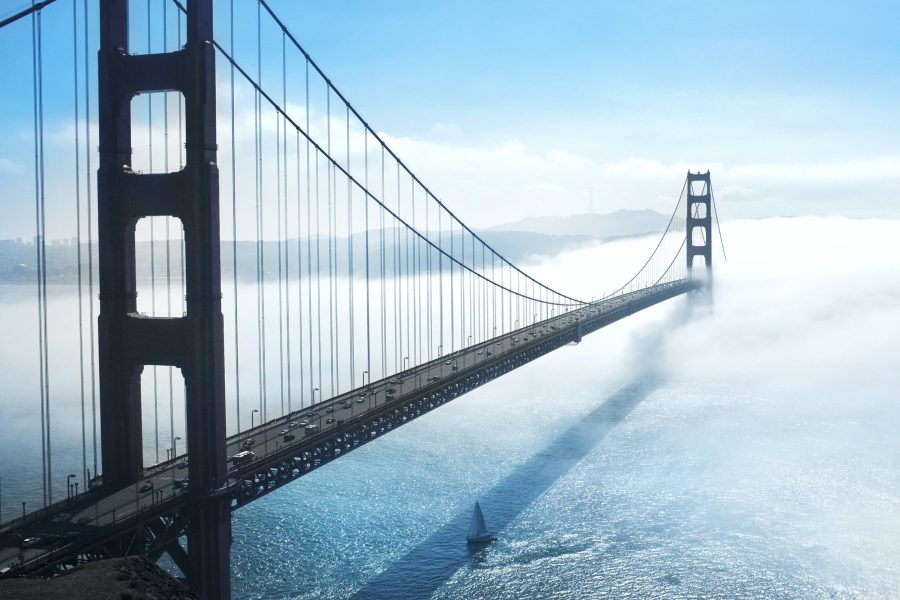One of the evils of today’s politics is the search for visibility, the preoccupation with doing things for the media, gestures and phrases that will be seen in the media. Inaugurating a bridge, a motorway, a stadium or a popular fair favours the image, gives the right to applause and cheers, and brings votes. Checking the state of the pillars that are under water and repairing them goes unnoticed: there is no inauguration, no cutting of the ribbons, the spotlights are absent. So it is not done and the bridges end up falling down.
This hunger for attention is felt by politicians and other sectors of society. “If you don’t show up, you forget”: so you don’t get on, you don’t make a career. The worst thing is that, despite the exaggeration, Edson de Athayde has a point: “The human brain starts working the moment a person is born and does not stop until he or she steps onto a podium to hold a rally”. Or until he sees a microphone, a television camera, a journalist’s pen. I applaud those who stand up for human rights.
But it is ridiculous to watch people running for the TV cameras like butterflies towards the light, burning the wings of common sense with claims that are difficult to prove or with answers to all questions and solutions to all problems. I fear that, in this way, the Church will gain notoriety but lose witness, be in the mouths of the world but not gain credibility. Jesus Himself censured those who rang bells so that people would notice them.
He certainly recommended that our light should shine, that we should be like a city built on high, that we should do works that could be seen. But he also wanted us to be humble as salt and commanded us to knead life with hidden leaven. Without rocket gyros, without launching ourselves from the pinnacle of the temple or the tower of the clergy.
It is only natural that we should be concerned about the social marginalisation of religion, since it is not a secondary element, a purely private matter. It is understandable that we are concerned about the obscuring of the religious sense in the heart of the people and in their culture. Our faith undoubtedly has a communal and social function. A need for visibility. Not to be the protagonist or to dazzle. But only to illuminate. To be signs, beacons, to help people to navigate in the night.
Visibility is the result, the fruit – spontaneous, natural, necessary – of authenticity. A hawthorn tree will only produce thorns. A good plant necessarily produces good fruit. A real rose has even to spread its perfume. A plastic flower does not do that. A Brazilian oak cannot stop warming up. A pile of fire-coloured paper does not warm anything, it only deceives.
What weakens the Church the most – John Paul II explained – is not the numerical decrease, the loss of social relevance of once glorious institutions. What weakens the Church most is the loss of adherence to the Lord and to one’s own mission. The deficit of authenticity. The Church will not flourish by having many members, by carrying out many undertakings, by showing excellent organisation. It will grow to the extent that it keeps the fire of the Gospel burning and increases the number of those who, silently, in the shadow of the daily Cross, build up the present world, without casting their eyes away from the eternal horizon.
Therefore, there are a number of questions we have to ask: How can we make the gratuitousness and detachment of our works more visible? Are our educational and pastoral practices really compassionate like those of Jesus? Are we really on the side of justice and truth, freedom and beauty, or do we simply say that we are? In the face of today’s challenges, do we limit ourselves to elaborate ecclesiastical discourses or do we try to make of our lives parables that shed light and question?
“If we do not take care of the foundations, the invisible pillars, our magnificent bridges are in danger of collapsing.
Abílio Pina Ribeiro, cmf
(PHOTO: Modestas Urbonas)






